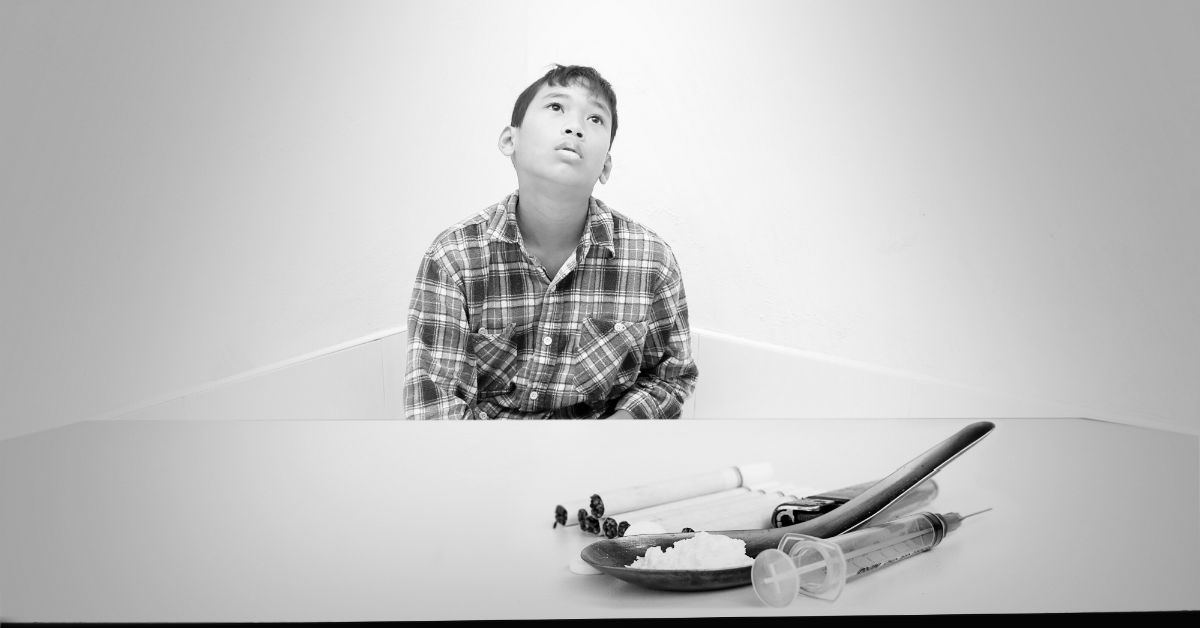Teen internet addiction, also known as gaming addiction or online addiction, includes a range of issues dealing with compulsive behavior centering on technology, entertainment and gaming. While it’s not unusual for teens to be really into video games and communicating with friends via social media, internet addiction is a behavioral disorder that can interfere with a teen’s normal life and his or her decision-making abilities. When it comes to teens and the internet, strong boundaries are important.
While internet addiction is not an official behavioral disorder and mental health professionals don’t use it in a clinical sense, there’s no doubt that obsessive internet use quickly becomes a problem for teens and parents. The American Psychiatric Association is closely looking at studies on the subject to see if there is merit to such a diagnosis and especially whether teens with certain conditions like social phobias, ADHD or depression are more likely to be affected.
What is Internet Addiction?
Teen internet addiction is similar to other compulsive and addictive behavior disorders. It means that the person experiences a loss of control over their own ability to moderate and regulate their internet use. Compulsive behavior often manifests along with other emotional or behavioral disorders like depression, anxiety, ADHD or low self-esteem.
Like gambling or drug addictions, playing video games stimulates the brain in certain ways that triggers a rush of endorphins—pleasure hormones—into the body. Teens who struggle with real life turn to the internet to provide them with a method of coping, and then it spins out of control.
What are the Symptoms of Internet Addiction?
It’s often hard for parents to determine whether their teen has an internet addiction or simply a passion for it. Here’s a look at 10 symptoms of internet addiction that parents can use to evaluate whether it’s time for them to get professional help for their teen.
- Abandoning hobbies, friends and activities the teen once enjoyed in favor of being online.
- Frustration, irritability or anger when the teen is not able to be online.
- Drop in school performance, including worsening grades.
- Obsessive about past online sessions and future expectations for online experiences.
- Majority of waking hours are spent online instead of other activities.
- Sneaking around and lying about computer and online use.
- Decreasing personal hygiene and interest in food and nutrition.
- Increasing back pain, neck pain, headaches, tired eyes and even carpal tunnel syndrome.
- Indifference to deteriorating relationships with family and friends.
- Demonstrates an inability to limit time and behavior online.
If a teenager exhibits most of these symptoms, it’s time for parents to consider enlisting the help of a therapist or counselor with experience in teen addiction therapy.
How is Internet Addition Treated?
A true addiction can only be treated by a professional, and a lot depends on the teen themselves. Age, severity of the disorder and other factors in the teen’s life will all be considered as a therapist creates an individualized treatment plan. Careful monitoring is a key part of recovery and over time, teens with internet addiction can learn to use the internet in a healthy way and utilize it as the powerful tool it is meant to be.
Generally, therapy for internet addiction includes individual therapy, group therapy, behavior modification exercises and developing other interests via art therapy, recreation therapy or similar programs. It’s not uncommon for parents to enroll their teen in a group home, wilderness therapy program or residential treatment center to help the teen truly break away from old, negative habits and get help in a safe and secure environment.











0 Comments